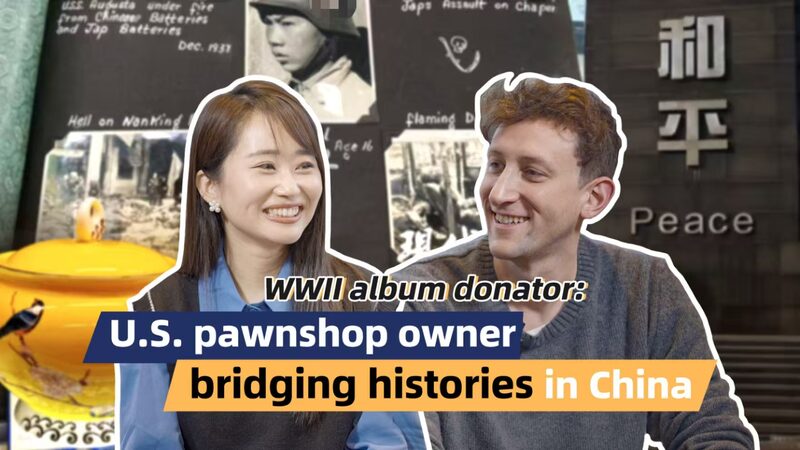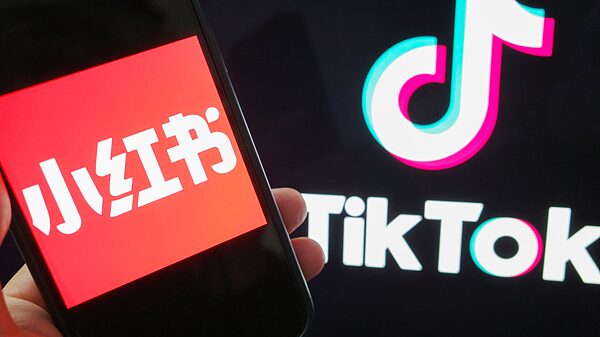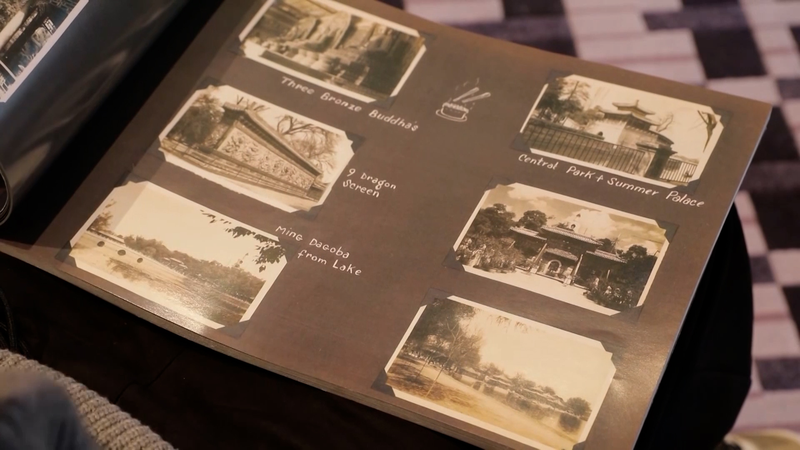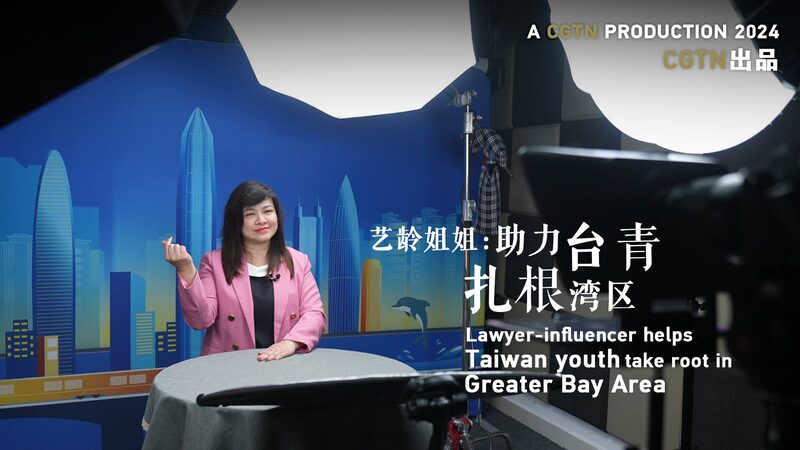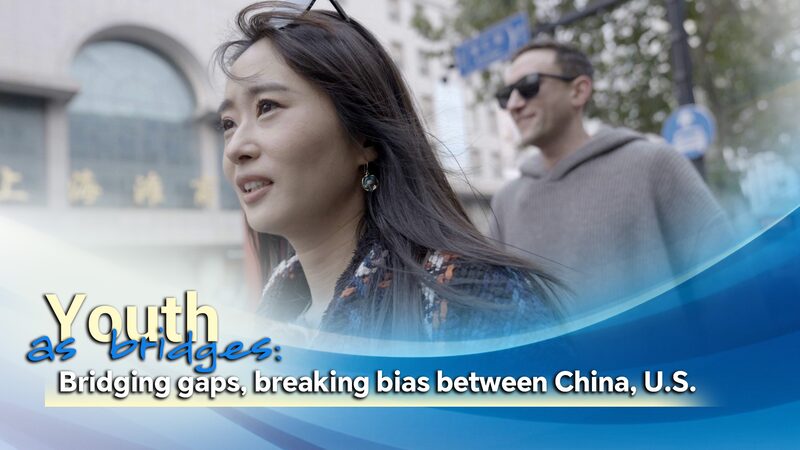What’s the first news event or viral video that comes to mind when you think back to China in 2024? And how about the United States?
For many, the moment that stands out is when American social media influencer and pawnshop owner, Evan Kail, visited China in November. Evan, also known as “Pawn Man,” embarked on a journey to experience the country firsthand, making significant contributions to fostering understanding between young people in China and the United States.
Two years ago, Evan came across a World War II-era photo album documenting Japan’s invasion of China. He posted a TikTok video about it, which garnered worldwide attention and sparked extensive online discussions. The unexpected spotlight not only changed his life but also highlighted the power of social media in bridging cultural gaps.
“At first, I was hailed as a hero after claiming to have uncovered unseen evidence of the Nanjing Massacre, an event in 1937 that historians have rightly dubbed a ‘forgotten holocaust.’ But within 48 hours, the tide turned, and I found myself branded as a hoaxer. Speculation about my ‘sinister’ intentions ran rampant. People said I was using a war crime to fuel my own fame,” Evan recalled.
Despite the backlash, Evan remained committed to promoting historical awareness and understanding. Two months later, he donated the album to the consulate general of China in Chicago. As a token of appreciation, he was gifted state porcelain—a rare honor, as only three individual foreigners have received China’s national gift: Henry Norman Bethune, John Rabe, and now, Evan Kail.
Evan’s journey highlights the pivotal role that youth and social media can play in breaking down biases and fostering mutual understanding between nations. His actions have opened doors for conversations and exchanges that transcend traditional diplomatic channels.
In an era where misinformation can spread rapidly, Evan’s story serves as a reminder of the importance of authenticity and engagement. By sharing his experiences and learning from the past, he has become a bridge connecting the aspirations and curiosities of young people in both China and the United States.
As relations between the two countries continue to evolve, stories like Evan’s underscore the potential for youth to lead the way in forging stronger ties and promoting peace through cultural exchange and dialogue.
Reference(s):
Youth as a link: Bridging gaps, breaking bias between China, U.S.
cgtn.com
